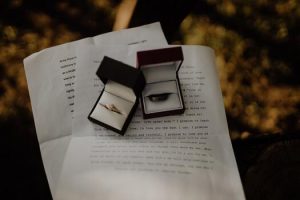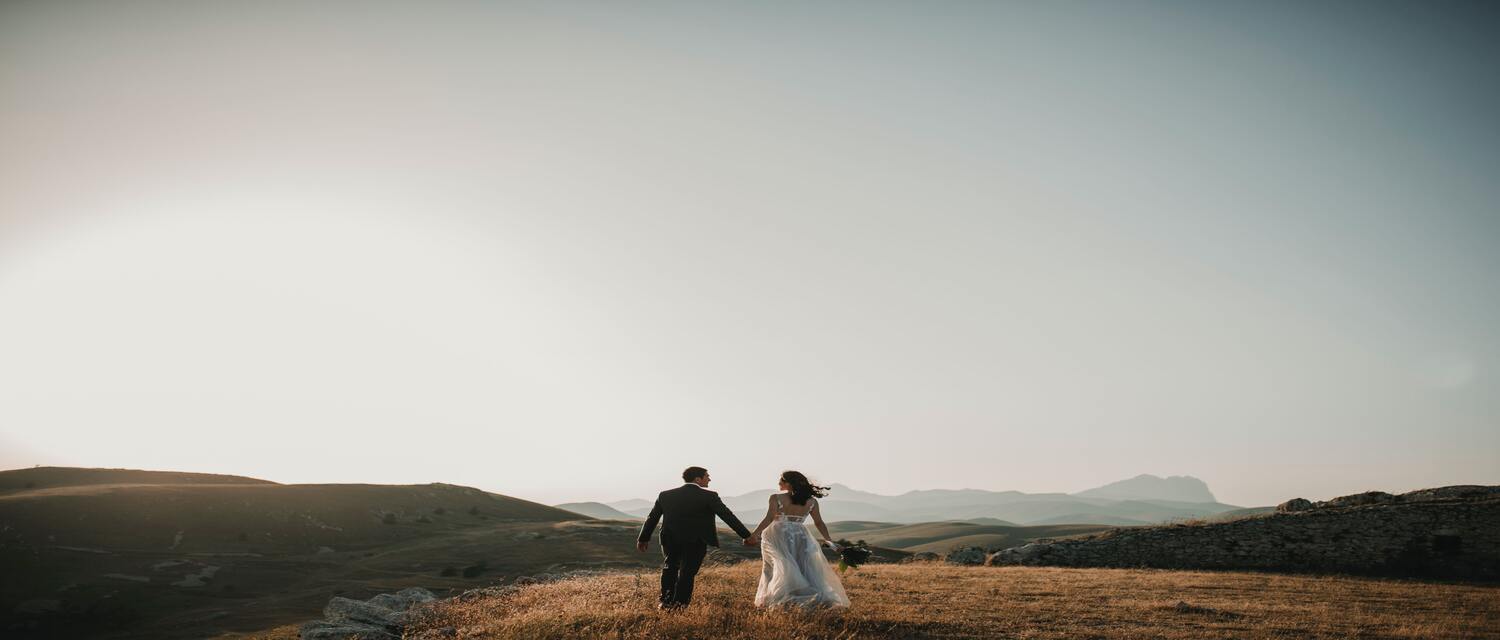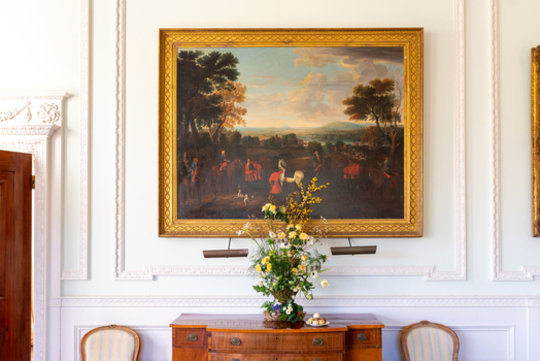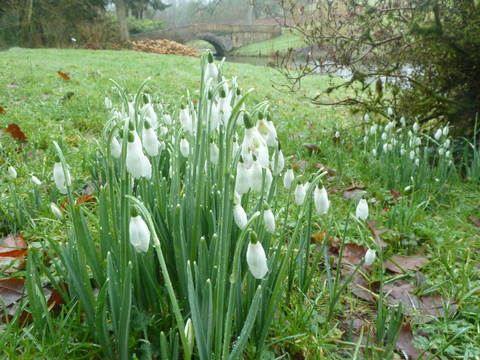In the last 12 months we have seen the wedding sector change dramatically. With celebrations of 150 a distant memory, and intimate celebrations taking centre stage, this shift has given rise to couples becoming more creative, flexible, and bespoke in their celebrations. With outdoor weddings becoming increasingly popular, especially considering COVID restrictions, couples are finding alternative ways to celebrate their love.
With a number of ceremony options available, from religious to civil and through to a celebrant ceremony, we spoke to Pippa Hamilton to discover ‘what is involved in a Celebrant wedding ceremony’. Here is what she has to say.
The great thing with a Celebrant Ceremony is that couples, and their families, can make the most of being outdoors and anywhere on the estate so these new occasions can be a great solution to social distancing rules alongside the desire to celebrate with family and friends. We all have to think outside the box, even more than ever. Anything is possible with a Celebrant Ceremony – so let’s get the imagination fired up!

What is the role of a Celebrant? The most important part of the wedding day is actually the ‘marriage’. The moment that your family and friends have come together to witness the deep commitment that is made between the two people that they love. Your Celebrant is there to not only work with you to write your very own vows to each other but to also make sure your Ceremony reflects who you both are and what you mean to each other. The Celebrant is also there to officiate and guide the Ceremony.
What events can a Celebrant be involved in? A fully Trained, Insured and Certified Celebrant is able to conduct any kind of Ceremony and Event. Anything that needs to be acknowledged – Birth, Wedding, Handfasting, welcoming a child into the family, Adoption, Renewal of Vows, recovery from an illness, moving house, passing exams, change of name/taking on of another name, loss of a child, family member or friend with a memorial, or just getting through the horrors of this past year, to name just the main ones. If a couple want to only Celebrate that they are living together and do not want the official registration, then that also can be created and written.
What types of Ceremony can you officiate? A Celebrant ‘should not’ issue a Religious Blessing or offer any form of sacrament that a priest, Rabbi, Imam or other formally qualified person has authority to give. There are many Celebrants out there who will do this – it is not illegal but it is certainly NOT legal and a Celebrant should always be questioned on this. A Celebrant should belong to an official organisation, been trained, and have full insurance plus a formal website. When there are couples who come from different cultures a Ceremony can be ‘built/written’ to unite the two sides of the family and honour the cultures such as the Chinese Tea Ceremony. Often a family member from each side will read something for the couple from their own Faith.
A Humanist is totally different from a Celebrant. A Humanist does not believe in any form of Religion and therefore should not include any reference to religion whereas a Celebrant respects and is inclusive of any, and all, religious beliefs but again respects those who are qualified to issue the blessings.

Do they have to be hosted in licenced venues? A Couple will need to go to the Registry Office to register their marriage just as you need to register a birth and death. This is called a Signing Ceremony. It takes 10 minutes with no music, no flowers, no exchange of rings, no personal vows and only 2 witness’. If you are flexible with the time you can go to do this (ie Mid week when they have a gap) it should only cost £50-£70 whereas at the weekend it can be £200-£500 depending the area you live in. This registration can be done either before or after the Celebrant marriage but you need to be clear with your Celebrant so that the Ceremony will be written accordingly ie you shouldn’t really be ‘declared legally married’ if you chose to register after the day. As for Venue, with a Celebrant you can be on a hilltop, garden, by the fire at home, beach, on a bridge by the river or an orchard with blossom, absolutely anywhere that is important to you. Some weddings I have done require a merry walk to get to the venue and the guests chat their way through the woods and orchards.
How can you make these celebrations unique? There is NO limit to how unique these celebrations can be as each one is as unique as the couple getting married. ANY family member or friends can be involved to sing, read, dance, write a poem or play an instrument. Your rings can be brought in by the family pet be it a dog or an owl, you can come in and leave on your ponies, you can dance in and out, the guests can sing to you – the list of possibilities is free and endless – we have no barriers to our imagination, this is the wonderful freedom we have and as the writing takes shape, more ideas pop up!
How can we celebrate occasions missed in 2020? This year has been frustrating and disappointing for so many with ongoing problems of co-ordinating venue, cakes, dresses, flowers and guest lists again or a funeral has had to be a cremation. But not all is lost as when rules are relaxed and our lives are safe again a glorious Blessing Ceremony can be written to celebrate everything you and your families have been through or a wonderful gathering for a memorial or scattering of ashes. Some couples have had to grab a (10minute) signing Ceremony in 2020 in order to comply with mortgages or other commitments so a Wedding Blessing (and sometimes a Christening at the same time!) is very important.

To find out more about Pippa Hamilton and her service, please visit thecompletecelebrant.com

 November 19th, 2020
November 19th, 2020  November 23rd, 2020
November 23rd, 2020